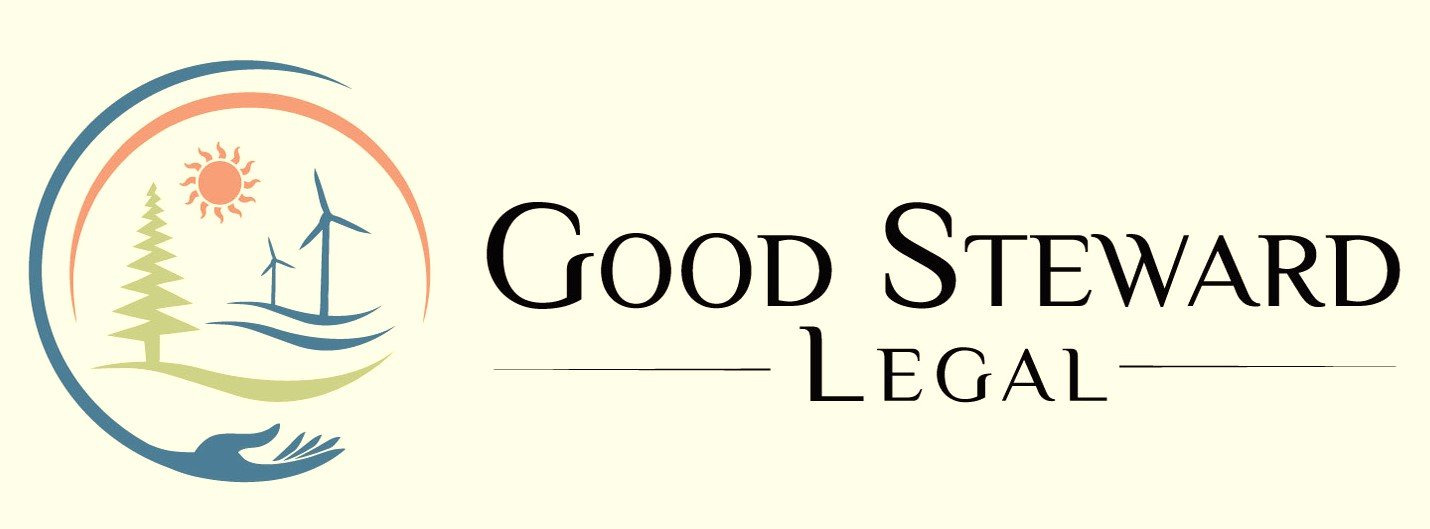DOJ Reinstates Use of Supplemental Environmental Projects
On May 5, 2022, the Department of Justice (“DOJ”) issued a memorandum entitled “Guidelines and Limitations for Settlement Agreements Involving Payments to Non-Governmental Third Parties” (“Memorandum”) that reinstates the use of supplemental environmental projects (“SEPs”) and third-party payments. The Memorandum also rescinds the DOJ’s previous memorandum issued during the Trump administration entitled “Prohibition on Settlement Payments to Third Parties” (“2017 Memorandum”).
Supplemental Environmental Projects
SEPs are environmentally beneficial projects that a defendant proposes and agrees to implement as part of the settlement of an enforcement action with the federal government that may require or be supplemented by payments to non-governmental third parties. According to the Memorandum, settlements contemplating SEPs and third-party payments are “critical tools” that “allow the government to more fully compensate victims, remedy harm, and punish and deter future violations” by providing redress to “communities affected by environmental crime[s].” Further, the Memorandum states that the federal government has agreed to settlements with SEPs and third-party payments for decades preceding the overly restrictive ban imposed by the 2017 Memorandum.
DOJ Memorandum
To ensure that settlement agreements with SEPs are properly structured, the Memorandum provides the following guidelines and limitations applicable to federal civil and criminal enforcement actions:
The settlement must clearly define the nature and scope of the project(s) the defendant has agreed to fund.
The project agreed to (1) must have a “strong connection” to the underlying violation(s) of federal law at issue in the enforcement action, including being consistent with and advancing at least one objective of the statute(s) violated; and (2) should be designed to reduce the detrimental effects of the underlying violation and likelihood of similar future violations.
The DOJ and its clients may not propose selecting a specific third party to receive payments, implement a project, or be the beneficiary of any projects. However, the DOJ, on objective grounds, may disapprove of any third-party implementer or beneficiary proposed by the defendant.
Settlements including SEPs must be made before an admission or finding of liability occurs, and the DOJ’s sole post-settlement authority is to ensure that the parties comply with the settlement.
A settlement may not be used to fulfill a statutory obligation of the DOJ or any other federal agency or to provide the DOJ or any other agency with resources to perform an activity for which they have received an appropriation.
A settlement cannot include payments to non-governmental third parties solely for general public education or awareness projects, solely in the form of contributions to generalized research, or in the form of unrestricted cash donations.
Generally, proposed settlements involving SEPs must be approved by either the Deputy Attorney General or the Associate Attorney General and such proposals must explain their compliance with the Memorandum. However, no approval is required for:
Lawful payments or loans, in cash or in kind, that provide restitution or compensation to a victim or that otherwise directly remedy the harm sought to be redressed;
In cases of foreign official corruption, payments to a trusted third party when required to facilitate the repatriation, and use of funds to directly benefit those harmed by the foreign corruption;
Payments for legal or other professional services rendered in connection with the case; or
Payments that are expressly authorized by statute or regulation, including restitution and forfeiture.
Key Takeaway
Given the Biden administration’s focus on environmental justice, entities noticed or charged with violating federal environmental laws should closely examine how the use of SEPs and third-party payments might resolve pending enforcement actions and redress related harms to proximate communities.
***
A copy of the Memorandum is available here.
If you have any questions about the Memorandum, enforcement actions, or related settlement agreements, please contact Jared Wigginton at jared@goodstewardlegal.com.
Good Steward Legal is a principles-driven business law office dedicated to protecting and advancing its clients’ interests by providing them with cost-effective, high-quality legal service. Good Steward Legal is proud to be a 1% for the Planet member and signatory of the Law Firm Climate Pledge.
